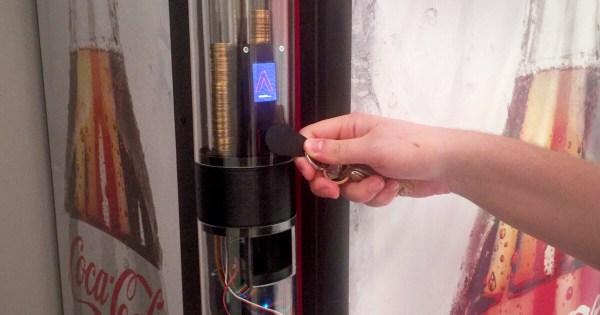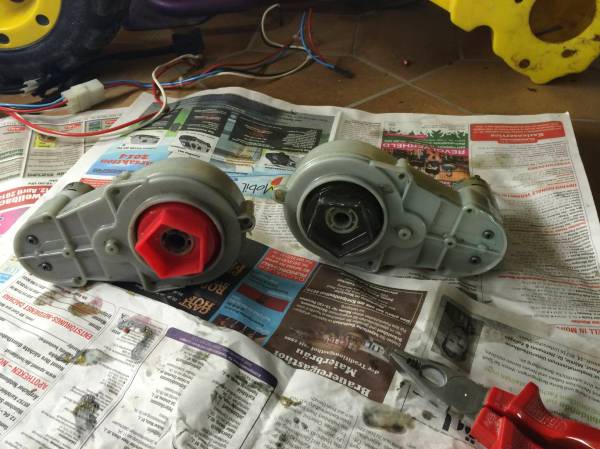Anyone who has worked in an office with a vending machine knows this problem well: someone wants a snack or a drink from the vending machine, but doesn’t have any small change. So, they proceed to walk around the office trying to find someone to make some change for them. It’s a hassle, and a surprisingly common one. Sure, a lot of vending machines now accept credit cards, but they’re still in the minority.
This was the problem facing Belgium-based automation company November Five. As automation and IoT specialists, their first thought was to hack the vending machine itself. But, unfortunately, they didn’t own it; as many of you know, vending machines are generally owned by the distributor. So, they needed a solution that allowed their employees access to the vending machine, without actually modifying the vending machine itself.
The solution they came up with was to attach an RFID-activated coin dispenser to the vending machine. Everyone at the company already has an RFID badge for opening doors and such, so the system wouldn’t add any burden to the employees. And keeping track of how many coins each employee used was a simple task of logging requests.












